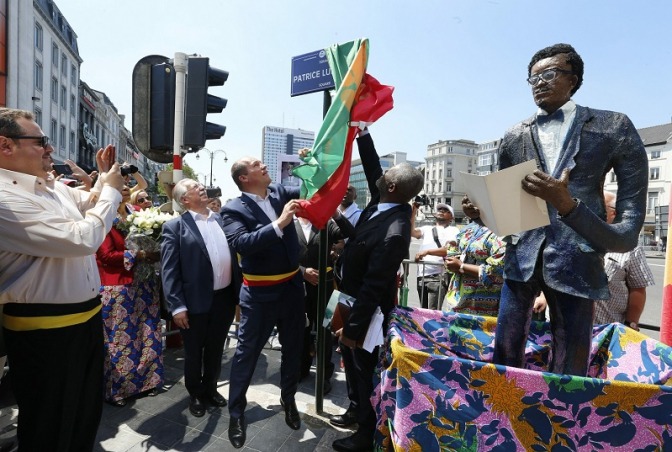Belgium must recognize the true scope of the violence and injustice of its colonial past in order to tackle the root causes of present-day racism faced by people of African descent, says a group of UN human rights experts at the end of a visit to the country. The United Nations Working Group of Experts on People of African Descent carried out a fact-finding visit to Belgium this month. The preliminary findings of the visit were presented at a press conference in Brussels yesterday (11 February). A full report will be presented to the UN Human Rights Council in September 2019.
The Government of Belgium needs to adopt a comprehensive national action plan against racism,” said Michal Balcerzak, chair of the working group.
In a statement the working group wrote that it appreciated the willingness of public officials to discuss how public and private institutions may sustain racial disparities. “We welcome the national network of expertise on crime against people, a robust infrastructure for combatting hate crime.”
One of the ways the African diaspora in Belgium is expressing its voice is through cultural events such as the Congolisation festival to highlight the contribution of Congolese artists to the Belgian cultural landscape and make people begin to appreciate and reflect on the diaspora’s artistic heritage.
Despite positive measures, the working group is concerned about the human rights situation of people of African descent in Belgium who experience racism and discrimination.
“We found clear evidence that racial discrimination is endemic in institutions in Belgium. People of African descent face discrimination in the enjoyment of economic, social and cultural rights, including diversion from mainstream education into vocational schooling, ‘downgrading’ in employment opportunities and discrimination in the housing market,” Michal Balcerzak said.
The experts urged the authorities to compile and use disaggregated data on the issue as this was essential for ensuring the recognition of people of African descent and overcoming their historical “social invisibility”.
They noted that both civil society and law enforcement acknowledge the prevalence of racial profiling in policing. Reportedly, counter-terrorism policies have contributed to an increase in racial profiling by law enforcement.
The working group was also concerned that the public discourse did not reflect a nuanced understanding of history. “The government should review and ensure that textbooks and educational materials accurately reflect historical facts as they relate to past tragedies and atrocities committed during the colonial era.”
The working group noted with concern the public monuments and memorials that are dedicated to King Leopold II and Force Publique officers, given their complicity in atrocities in Africa.
Commenting on the recent reorganisation and reopening of the Royal Museum for Central Africa (RMCA) at Tervuren, the working group is of the view that that the reorganisation of the museum has not gone far enough.
The museum has been described as the last colonial museum in the world. Museum director Guido Gryseels told The Brussels Times Magazine (32): "We wanted to create a new, more honest narrative. We also included the African diaspora in Belgium in the decision-making process.”
"Attitudes are changing but education is crucial – especially for the younger generations, many of whom aren't aware of Belgium's role in the Congo,” he added.
On a positive note, the working group welcomed the renaming of the former “Square du Bastion” in Brussels as "Patrice Lumumba Square” last year and encouraged further commemoration of notable people of African descent (see article in The Brussels Times Magazine 31).
The Brussels Times

